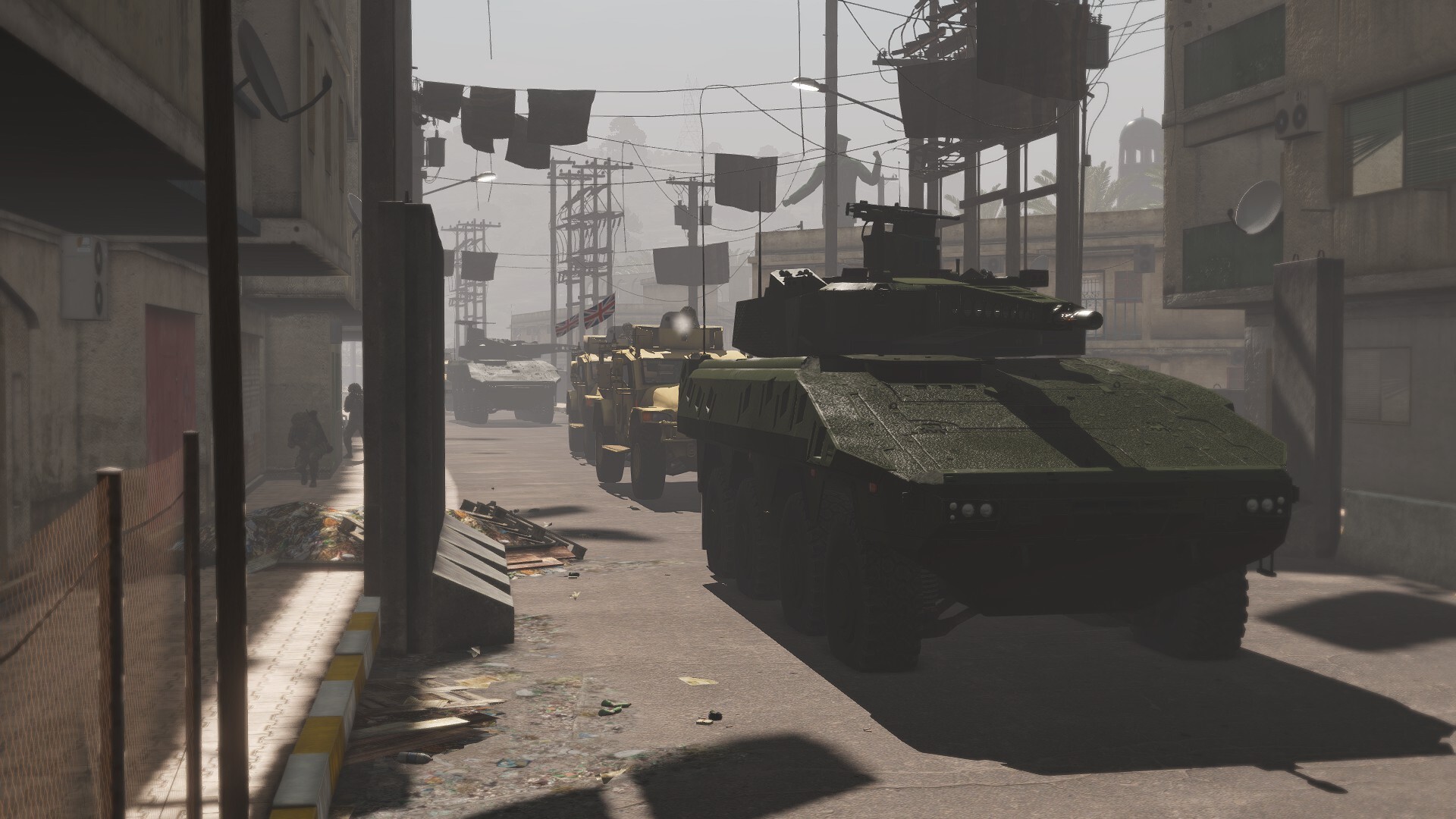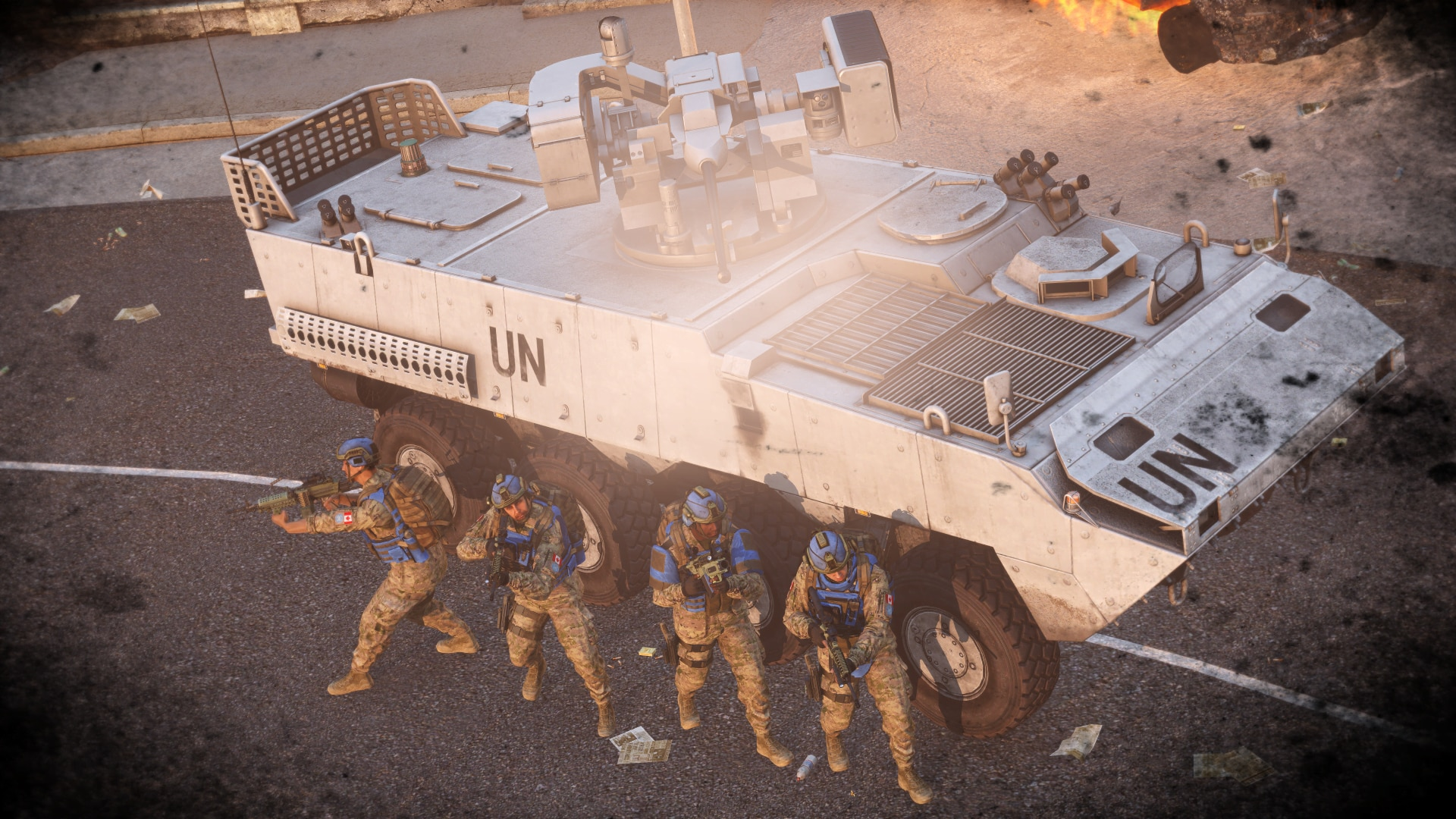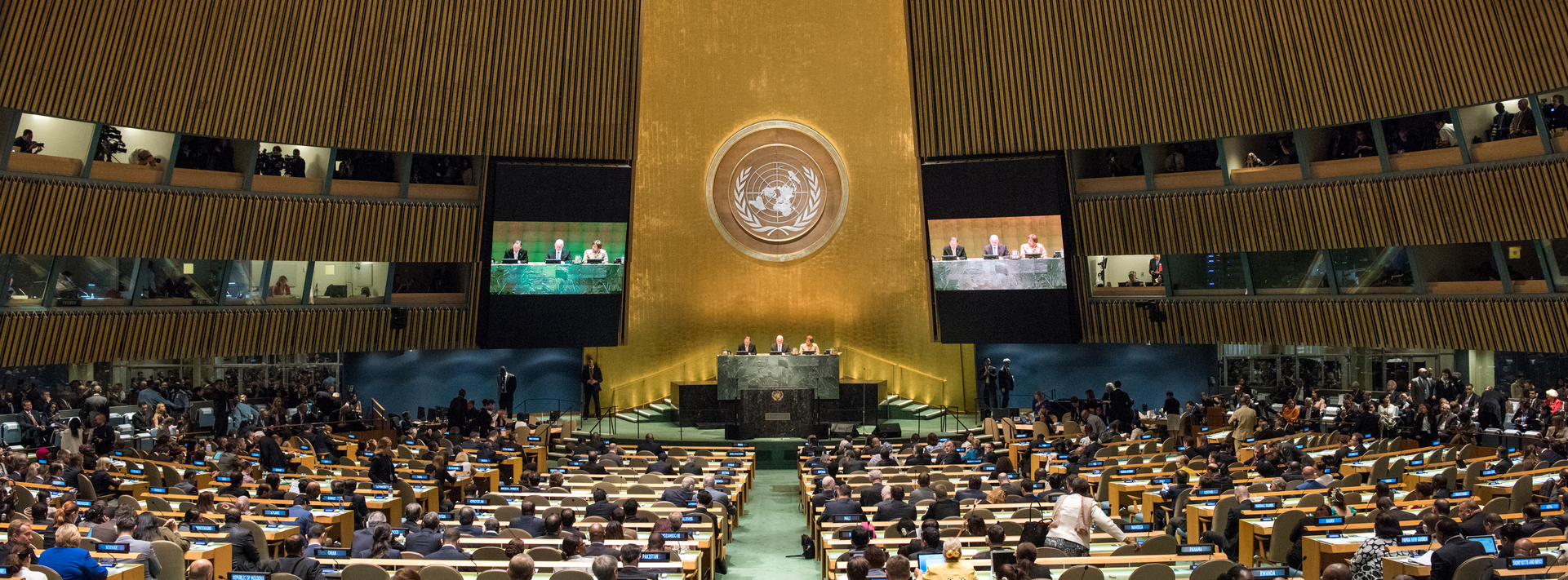
UK Withdraws from CJTF-OIR, Joins UN in peacekeeping operations in Syria
Shift in Strategy as Britain Commits to UN-Led Stability Operations
In a significant policy shift, the United Kingdom has announced its withdrawal from the Combined Joint Task Force – Operation Inherent Resolve (CJTF-OIR) and its decision to join United Nations peacekeeping operations in Syria. The move, confirmed by the UK Ministry of Defence, marks a strategic realignment as Britain shifts its focus from direct counterterrorism operations to humanitarian and stabilization efforts under UN command.
From Counterterrorism to Peacekeeping
Since its involvement in CJTF-OIR, the UK has played a crucial role in air operations, intelligence sharing, and special operations targeting ISIS strongholds. However, with increasing instability and mounting UN peacekeeping casualties, British officials have opted to contribute to the multinational UN force already present in Syria, which includes Ukrainian, South African, and Livonian contingents.
The mission priorities have changed, UK remains committed to fighting terrorism, but we also recognize the urgent need for a robust peacekeeping presence to protect civilians and rebuild Syria’s shattered communities.
— Defence Secretary Sir Mark Reynolds

Operational Shifts and Challenges
The British withdrawal from CJTF-OIR will be phased over the coming days, with units currently stationed in Syria transitioning to UN-led operations focused on security, humanitarian aid, and civilian protection. UK forces will integrate into existing UN units, supporting stabilization efforts in regions still threatened by insurgency.
The withdrawal also comes amid rising tensions over U.S. military conduct in Syria. Reports of increased civilian casualties resulting from American airstrikes and counterterrorism operations have raised concerns within the British government. Unverified rumors suggest that UK officials have grown wary of continuing joint operations with U.S. forces due to a lack of trust in American decision-making on the ground.
While the UK has not officially commented on the deteriorating relationship between British and U.S. commanders, anonymous sources within the Ministry of Defence indicate that the UK no longer wishes to be associated with the consequences of U.S.-led operations, particularly in light of recent high-profile airstrikes that resulted in unintended civilian deaths.
Sources indicate that British armored and mechanized infantry units, previously deployed in anti-ISIS operations, will be reassigned to defensive roles at key UN installations. Additionally, UK troops are expected to provide logistical support and medical aid to UN contingents struggling with high casualty rates in recent clashes.
Geopolitical Implications
This decision comes amid rising tensions between coalition forces and regional actors, including increased Russian military activity and growing concerns over accidental engagements between NATO and non-NATO forces. By stepping away from offensive operations, Britain seeks to de-escalate risks while reinforcing international peacekeeping commitments.
Despite the withdrawal, UK officials affirm that counterterrorism cooperation with CJTF-OIR will continue through intelligence-sharing and diplomatic channels. However, analysts warn that the UK’s shift in strategy may leave gaps in the coalition’s operational effectiveness against ISIS remnants.
UN Mission Reinforced
With the UK formally joining UN peacekeeping operations, UN commanders will gain additional armored assets and combat-ready forces to secure volatile areas. British units will operate alongside South Africa, Ukraine, Livonia.

The United Nations welcomed the UK’s contribution, with UN Secretary-General stating that
Britain’s decision strengthens our mission and sends a clear message that peacekeeping in Syria remains a global priority. — UN Secretary-General António Guterres
The full scope of Britain’s UN peacekeeping commitment is expected to be outlined in the coming days. For now, this marks one of the most significant realignments in military strategy since the start of the Syrian conflict.
